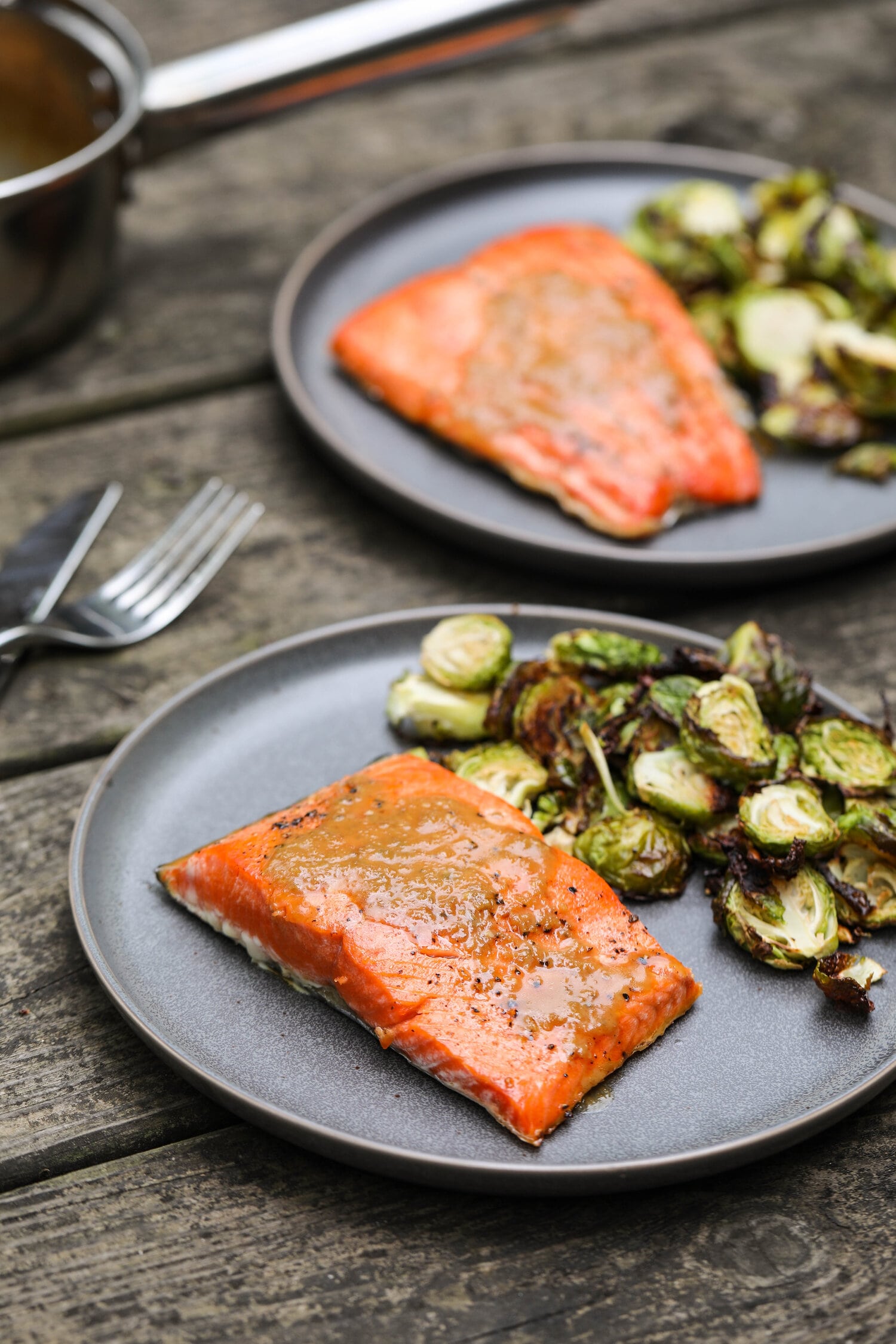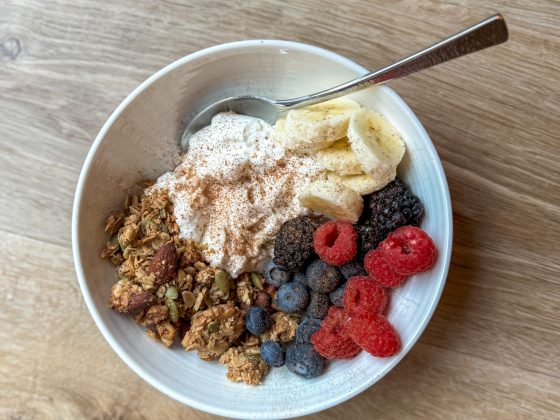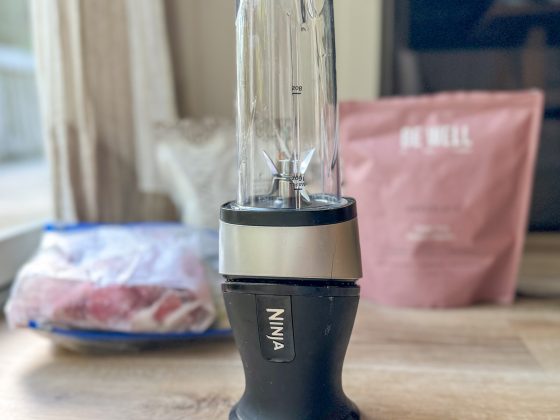There are tons of medications and advanced treatments available in the market, but maintaining a healthy diet and exercising regularly is still your best bet for preventing heart disease. Luckily, a heart-healthy diet is relatively simple and you don’t have to completely give up your favorite foods.
“Eat a lot of whole foods, like fruits, vegetables, whole grains and legumes,” says Dr. Nicole Harkin, MD, FACC, a board-certified cardiologist, clinical lipidologist, and the founder of Whole Heart Cardiology. “These are high in antioxidants, fiber and phytonutrients. A plant-based or plant-forward diet like this has been shown to lower risk of cardiovascular disease, high blood pressure and cholesterol.” Below, are five key steps to successfully practice a diet optimal for your heart health:
Eat more foods rich in omega-3 fatty acids.
Omega-3 fatty acids have a wide range of health benefits and they do not influence the amount of LDL cholesterol you have. Studies have suggested that omega-3 fatty acids are linked to lowering elevated triglyceride levels, reducing inflammation, and protecting against dementia. This can be found in many plant sources such as nuts and seeds, but mainly found in fatty fish such as salmon, mackerel, and tuna.
Eliminate trans fats.
Trans fats, also known as “partially hydrogenated vegetable oil” is found in many sugar-rich foods. Many processed foods such as cookies, pizza, and french fries are filled with trans fats. These can dramatically raise your cholesterol levels, so it is best to avoid them. Trans fats can also increase your risk of insulin resistance, making you susceptible to type 2 diabetes and obesity. When shopping at the grocery store, choose foods cooked in avocado oil or extra virgin olive oil instead of butter, lard, and shortening. Countries around the world are regulating products filled with trans fats as the World Health Organization (WHO) has called on other governments to eliminate the use of trans fats by 2023. The Food and Drug Administration (FDA) has committed to ban the use of partially hydrogenated vegetable oils by January 1st, 2021.
Decrease your intake of saturated fats.
While saturated fats may not be as bad as trans fats, they can still increase your cholesterol. Experts recommend to limit your intake of saturated fats to only 10% of your daily calorie intake. Read meat and whole-fat dairy products are filled with saturated fats. In order to limit your consumption, try to eat red meat such as beef and pork only a couple times a week and choose low-fat dairy products instead of full-fat ones.
Eat more fibrous foods.
Foods rich in fiber can decrease the amount of “bad” cholesterol in your bloodstream, according to the Mayo Clinic. Specifically, soluble fiber sticks cholesterol and its precursors in the digestive system and drags them out of the body before it circulates into the blood. Experts recommend getting 5 to 10 grams of soluble fiber per day, which can be found in a diverse range of foods. Oats, beans, apples, strawberries, eggplant, and okra are all good sources of fiber.
Dr. Siddarth Singh, MD, a cardiologist at Cedars-Sinai Smidt Heart Institute says a Mediterranean diet may be helpful in achieving optimal cholesterol levels and heart health. This plant-based diet is low in trans fats and saturated fats, but contains greater monounsaturated and polyunsaturated fats. “This is generally found in olive oil, plant oils, marine fish, and mixed nuts”, says Dr. Singh. Key parts of the Mediterranean diet also include foods high in fiber and omega-3 fatty acids with a variety of options such as whole grains and fish.










